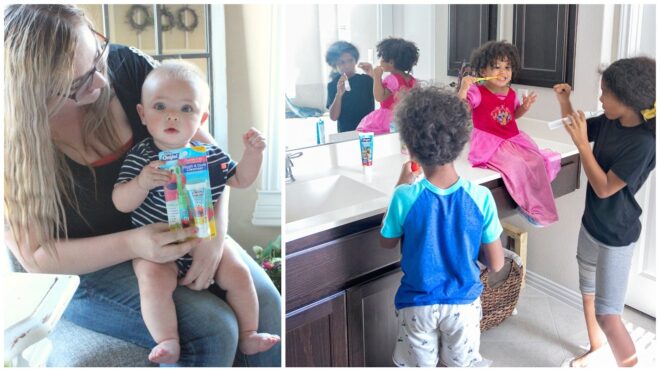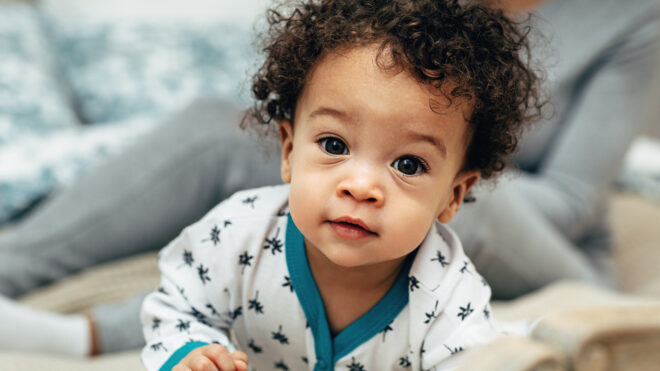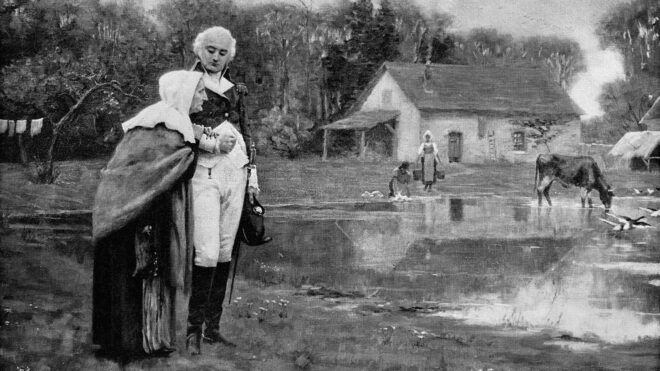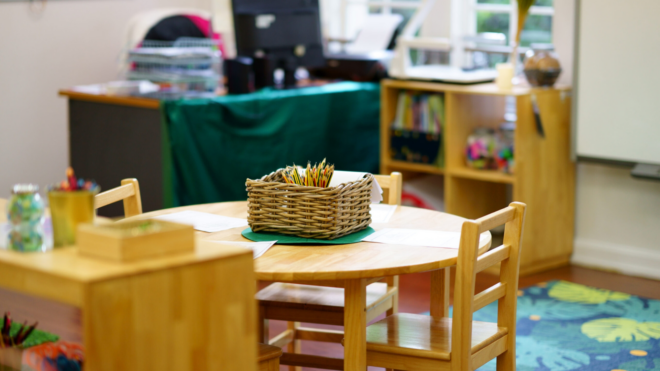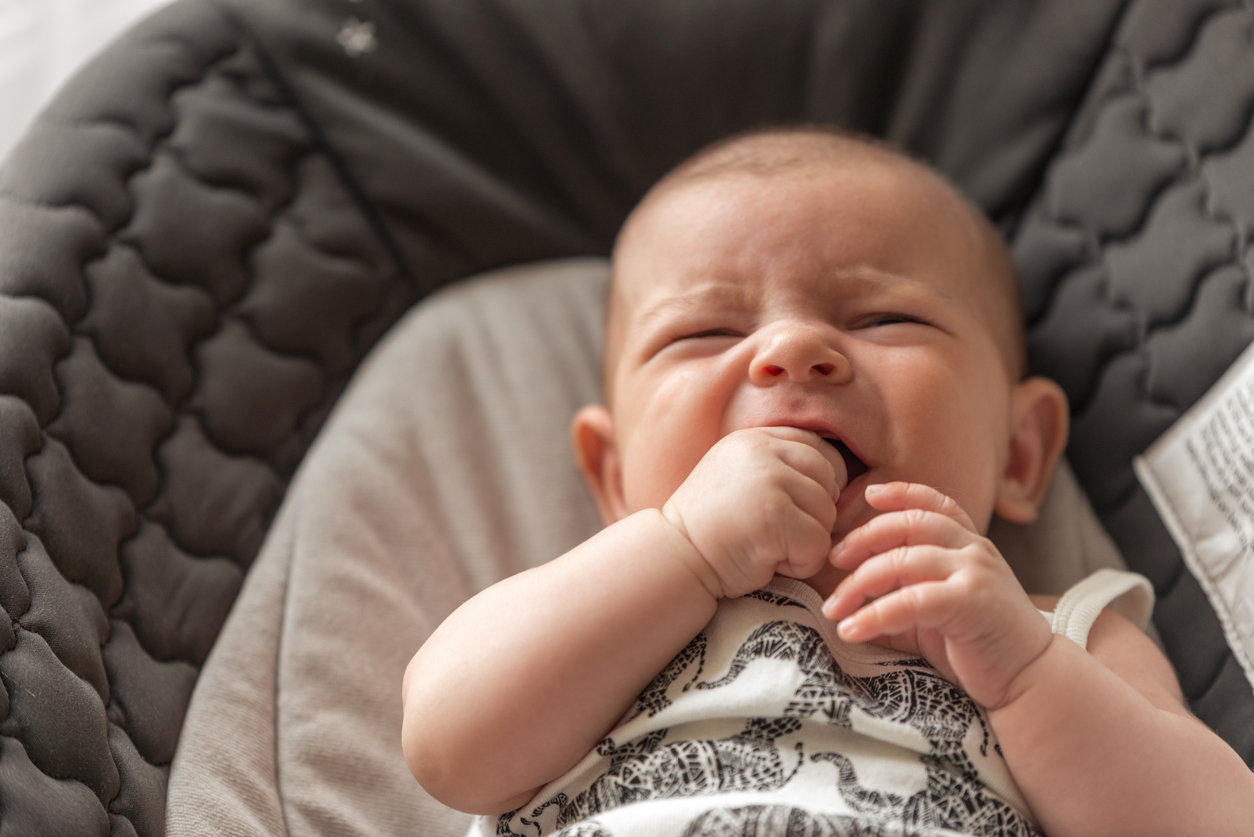
Oh, the horrors of teething. It’s a painful process for both babies and parents. Don’t you remember how painful it was when your baby teeth started to come in? No, of course, you don’t! None of us do. But if you’re a parent with a teething baby, you won’t soon forget the sleepless nights, the crying, and the frustration that both baby and you go through. Actually, it’s too bad that we can’t remember what teething was like because if we could, we might feel better equipped to help our little one through the process. For instance, wouldn’t it be great to know if some teeth hurt more than others when they are coming in so that we could pay extra special attention to soothing baby when those start to make an appearance?
Because adults can’t recall what the teething process feels like, and babies can’t tell us in words what they are feeling, we have to rely on information provided by experts such as the American Academy of Pediatric Dentistry to guide us. Fortunately, they know quite a bit about deciduous teeth. Wait, deciduous what the what?! Deciduous teeth are what many of us call baby, milk, or primary teeth. They start developing in the embryo and lie under the gums just waiting to start erupting a few months after baby is born. And like most eruptions, they do not go unnoticed.
Which of the deciduous teeth are the most insidious?
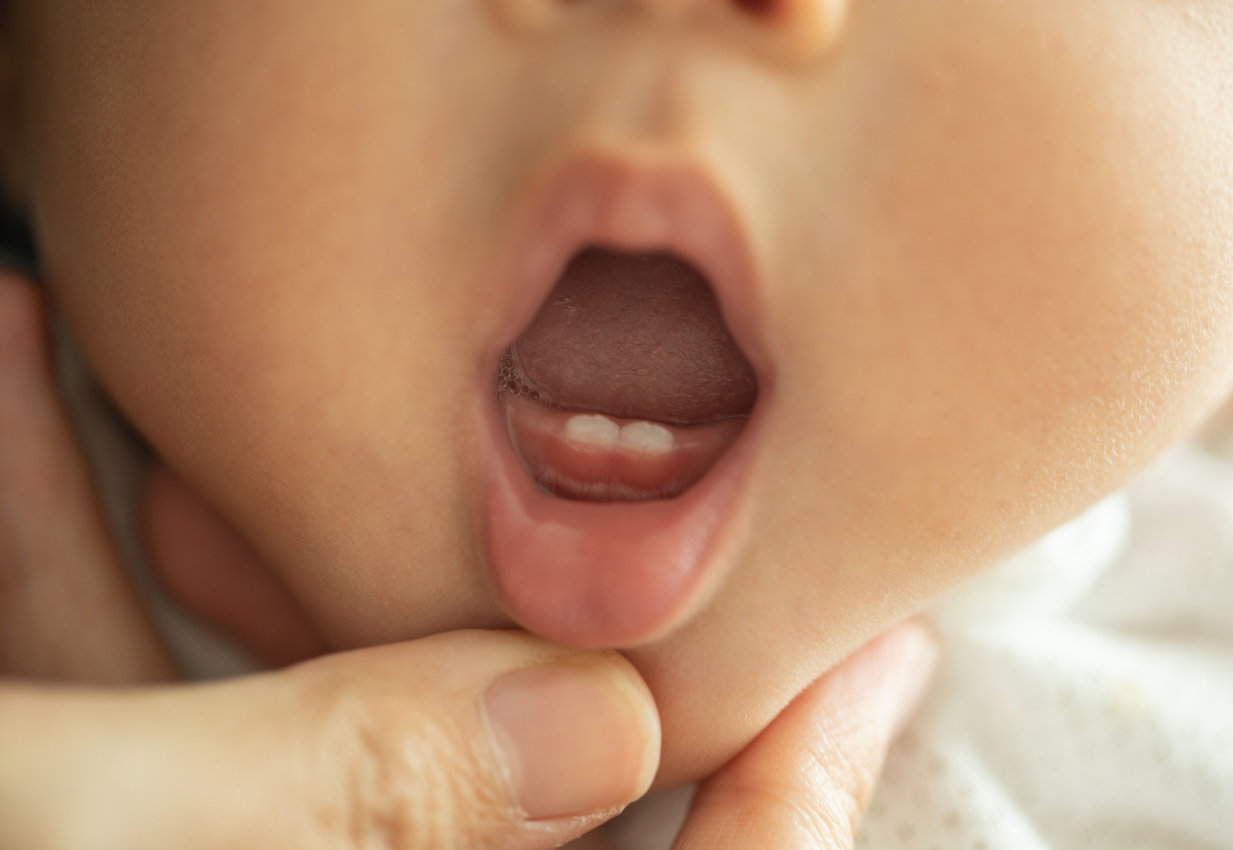
Most babies start getting their teeth around 6 to 12 months, and the first teeth to pop up are usually the central incisors. Those two lower front teeth are definite contenders for being the most painful teeth for baby simply because they are the first. They cause pain and confusion for a baby who has never experienced that kind of discomfort before.
As for what teeth are actually the most painful when cutting through a baby's gums, chances are that not-so-wonderful award goes to the molars because they are bigger. Luckily, the first molars don't come in until around 14 to 18 months, and by then both you and baby are more accustomed to the process and it doesn't come as such a shock to baby's system.
Basically, the level of teething pain depends on the baby and the situation.
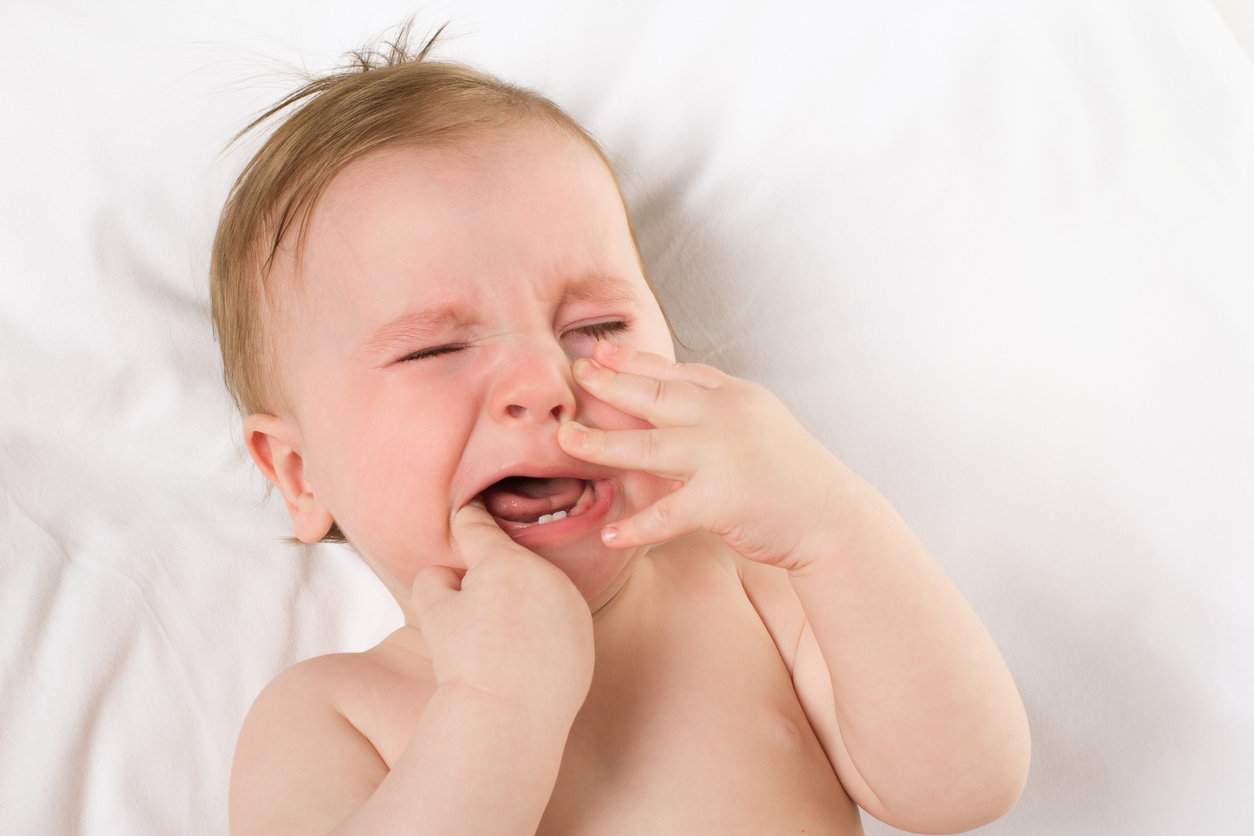
Not only does the teething pain depend on the child, but it also depends on the situation. Baby teeth tend to come in a specific order: first the central incisors, then the lateral incisors, then the molars, then the canines. But that's not always the case for all babies. Your baby's teeth might decide to break with tradition and come in a different order. Or your baby might get a bunch of teeth coming in at the same time. Then it doesn't really matter what teeth are the most painful because pain is pain is pain compounded by pain in multiple areas of the mouth at the same painful time.
What is certain is that your baby will need some soothing.
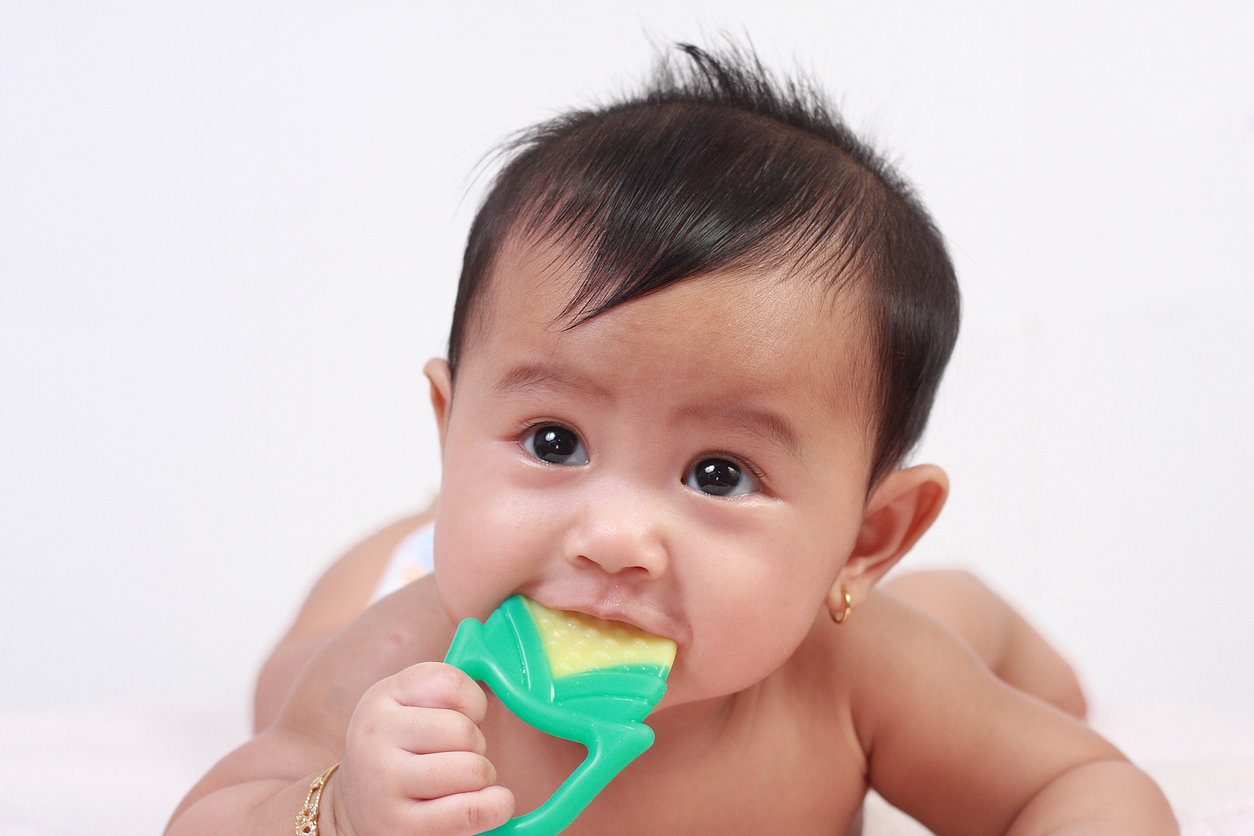
You'll need some soothing too, but we'll let you decide on how to do that yourself. As for your teething baby, there are a few things you can do. Rub the baby's gums with a clean finger or moist gauze. You can also put a small clean spoon in the fridge to get it cool and use that to rub on baby's gums. Some parents use teething rings (just make sure they are clean). And, as always, lots of extra love and attention never hurts.
We know this can be a very stressful time, especially if you aren't getting much sleep because your baby is having a hard time sleeping at night with so much pain. If that's the case, consult your pediatrician about giving your baby a weight-appropriate dose of acetaminophen or ibuprofen — if they are older than 6 months — to help ease the pain at night. As for you, remind yourself that this will not last forever. Be patient with yourself and the situation. You will get through this, we promise.
You survived your baby's first tooth. Now what?
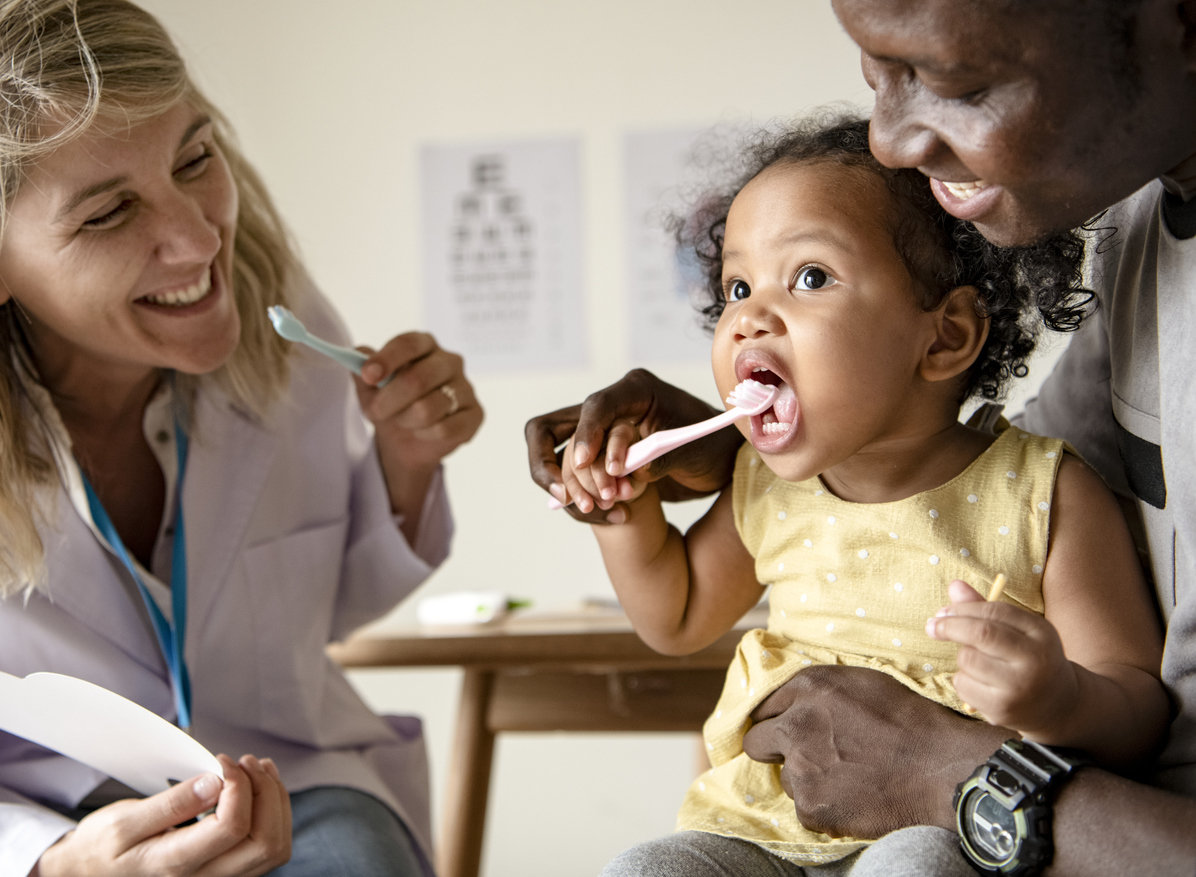
Your baby's first tooth or teeth are in. Congratulations — you both survived! Now what? It's time to schedule baby's first visit to the dentist. The American Academy of Pediatric Dentistry recommends taking a baby to see the dentist within the first six months of the first tooth or by the baby's first birthday. Caring for your child's primary teeth properly is very important and shouldn't be put off.

